Home » Posts tagged 'Renaissane'
Tag Archives: Renaissane
AΦR at the Twelfth Polish Congress of Philosophy in Łódź
In September (11th-16th) 2023 the 12th Polish Congress of Philosophy took place in Łódź. Three members of AΦR took part in this great event, and they delivered four papers there. Tomasz Mróz spoke about three traditions of doing philosophy and three interpretations of Plato at the ancient philosophy section, and the other three papers were presented in the section of Polish philosophy: on the influence of Aristotle on the works of W. Tatarkiewicz (Adrian Habura); on H. Jakubanis’ arguments for the reneval of philosophy in accordance to its ancient roots (Mariam Sargsyan); and on B. Kieszkowski, a researcher of Renaissance Platonism, on his life, works and their reception (again T. Mróz).
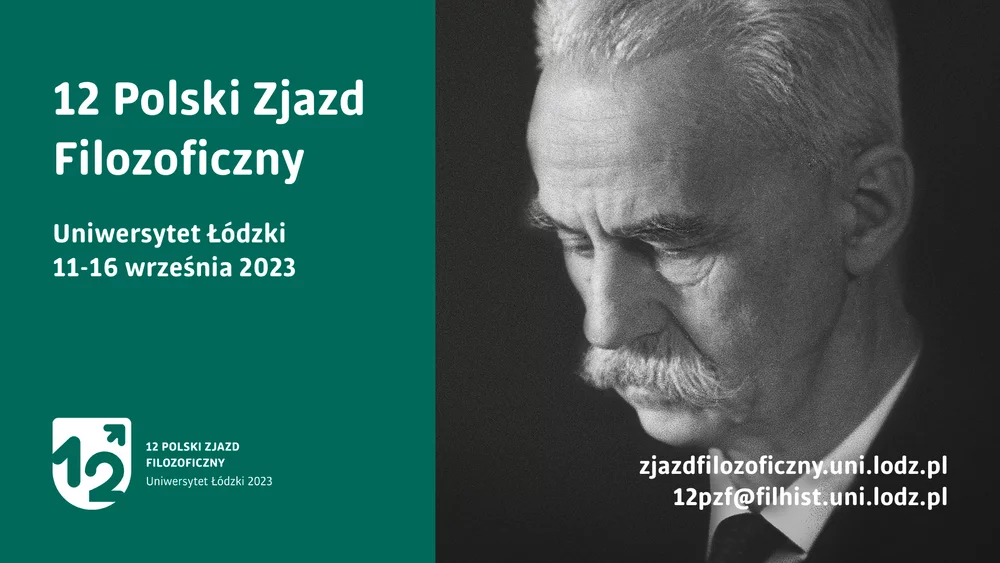
T. Mróz’s paper, Three Traditions of Doing Philosophy and Three Interpretations of Plato, was devoted to presenting three Plato scholars of the turn of the 20th century, Paul Natorp (1854–1924), a German, Paul Shorey (1857–1934), an American, and Wincenty Lutosławski (1863–1954), a Pole, and their interpretations of Plato. Mróz attempted to relate these three personalities of one generation and their Platonic studies with their native, dominant philosophical traditions: neo-Kantianism, Emersonian tradition and Polish Romantic Messianism. Their methodologies, views on the chronology of the dialogues and the status of ideas were discussed, as a starting point for future comparative research of their Platonic studies and reciprocal references.
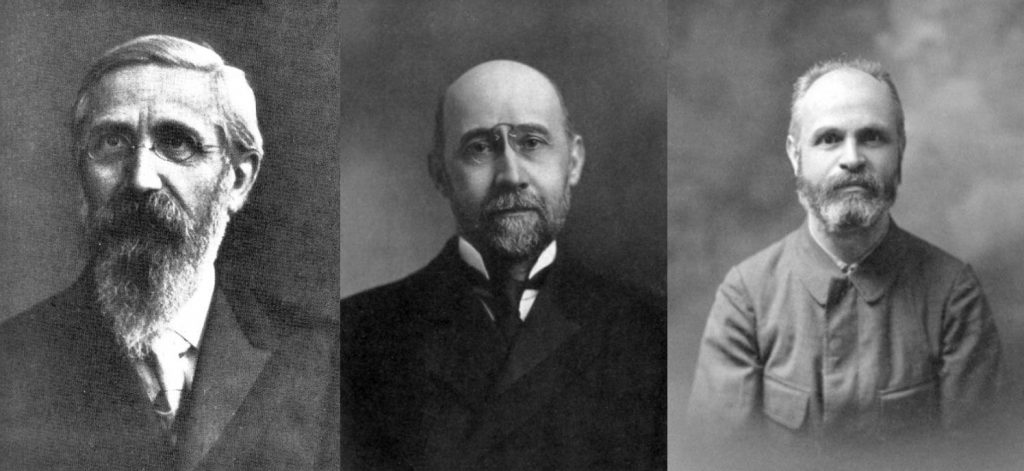
M. Sargsyan’s presentation was titled: Arguments of Henryk Jakubanis (1879-1949) for Renewal of Philosophy and Culture on the Ancient Model. It started with an introductory part about the biography of Jakubanis to familiarise the audience with his personality. Then the main part followed and it consisted in discussing Jakubanis’ work The Significance of Ancient Philosophy for the Modern View of the World (1910). Historical and philosophical research methods of Jakubanis were analysed and compared with those of his academic supervisor in Kyiv, Alexei Gilarov. Another comparative perspective was provided by the works of Tadeusz Zielinski, who was an internationally recognised scholar, and a kind, older colleague for Jakubanis.
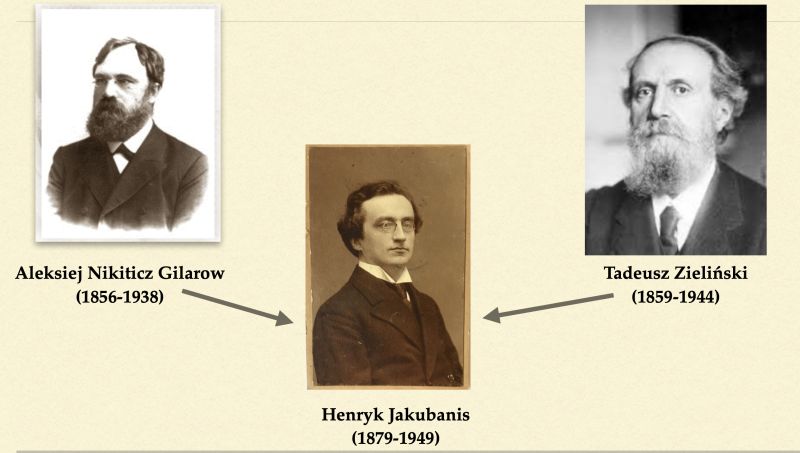
A. Habura’s paper was titled Aristotle in the Works of Władysław Tatarkiewicz and divided into two parts. In the first one, following Tatarkiewicz’s own statement, Habura distinguished two “images” of Aristotle’s philosophy which Tatarkiewicz had developed during his research career. Habura took into account various works of Tatarkiewicz and demonstrated that these two images were not contradictory, but rather complementary to each other. In the second part of his presentation Habura distinguished five aspects of Aristotle’s inspiration in Tatarkiewicz’s works, in accordance with Tatarkiewicz’s own reflection on this topic, and proved a significant, substantial and lasting impact of Aristotle on Tatarkiewicz’s original philosophical investigations.
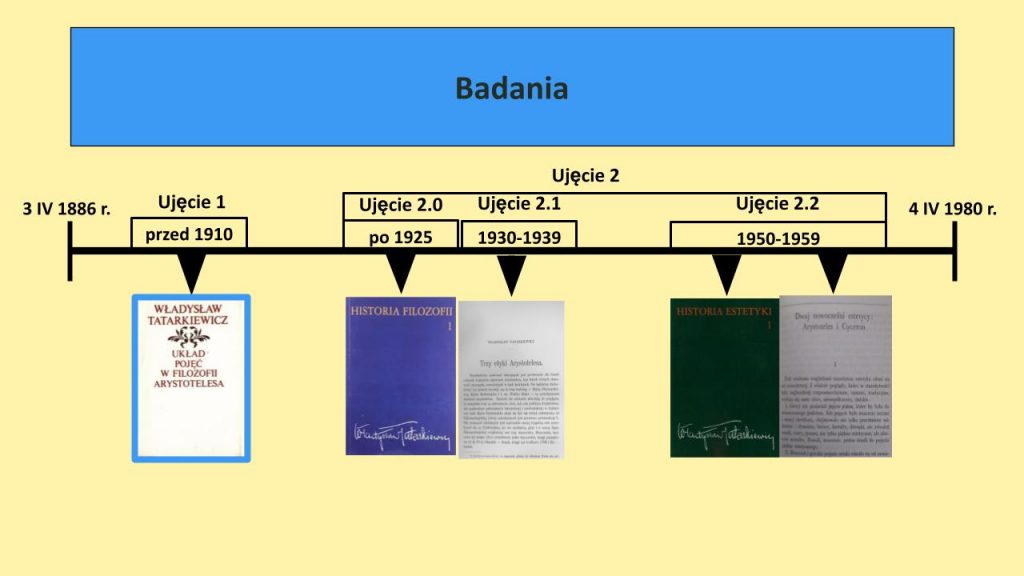
Second paper by Mróz was a presentation of a further development of his research on Bohdan Kieszkowski, a Polish scholar who was a specialist on Renaissance Platonism and Pico della Mirandola. Earlier this year Mróz discussed Kieszkowski’s biography, but this time the focus was on Kieszkowski’s works and their reception, that is, his polemic with another Polish expert in Renaissance philosophy, M. Heitzman (1899-1964), on the sources of Renaissance Italian Platonism, and a critical reception of Kieszkowski’s edition of Pico’s Conclusiones (1973) by a Portuguese researcher, José Vitorino de Pina Martins (1920-2010). Heitzman searched for the roots of philosophy in Florentine Academy in medieval thought, while Kieszkowski tended to emphasise the role of ancient sources. As for Pina Martins, he praised Kieszkowski’s erudition, yet pointed to a large number of errors in Conclusiones, resulting from various reasons, including Kieszkowski’s lack of precision in reading Latin texts.
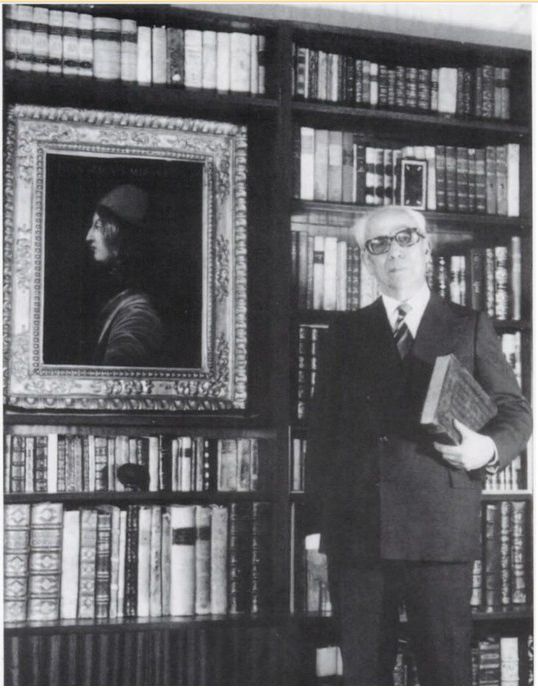
AΦR at the 11th Seminar of the Historians of Polish Philosophy in Częstochowa
Seminar of the Historians of Polish Philosophy is a cyclic academic meeting which gathers philosophers and historians of philosophy who focus on the history of philosophy in Poland. 11th edition of this seminar was held in Częstochowa at Philosophy Department of Jan Długosz University on May 15th-16th, 2023, and it was focused, not surprisingly, on the topics of war and peace.
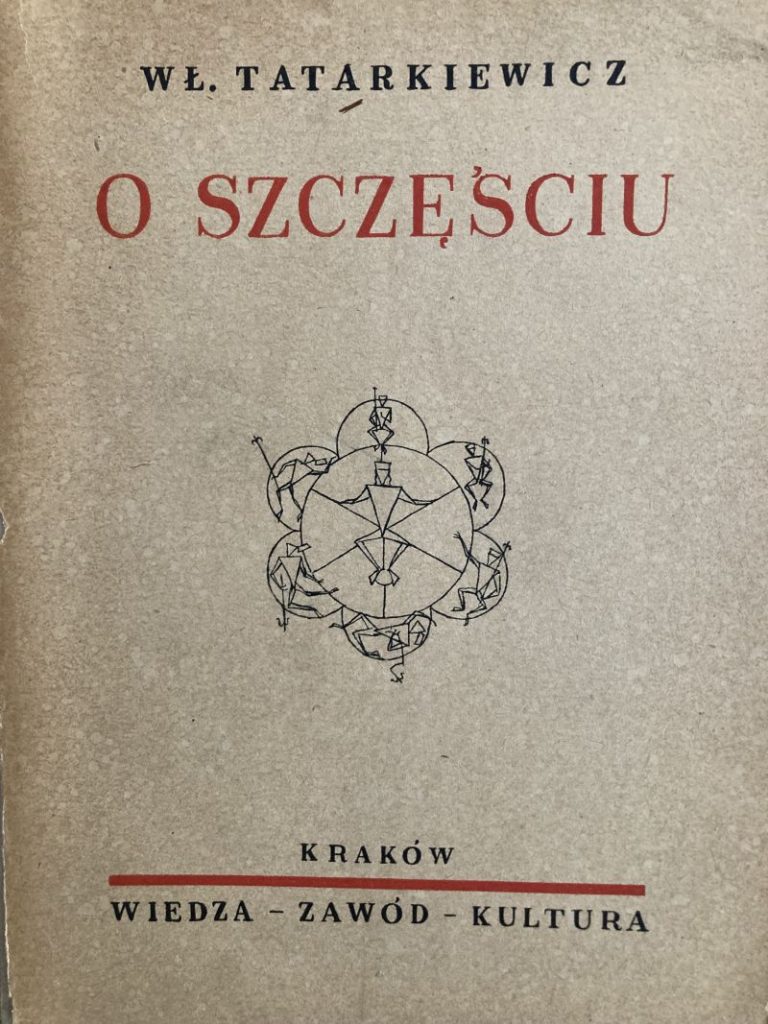
Two AΦR members delivered their papers there. Adrian Habura’s paper was not directly devoted to the reception of ancient philosophy, for he focused on the first edition of Władysław Tatarkiewicz’s (1886-1980) work O szczęściu [Analysis of Happiness] (1947), and took an attempt to analyse the content of the book and search for the topics related to war issues to determine possible origin of each chapter, that is, to divide the chapers into two groups: those composed by Tatarkiewicz before the outbreak of the World War II and those compose after it.
Tomasz Mróz, in turn, presented a largely unknown biography of a 20th century Polish researcher of Florentine neo-Platonism. His presentation had a long title: Bohdan Kieszkowski (1904-1997): a Researcher of Renaissance neo-Platonism and His Career Destroyed by the War (with the materials collected by Professor Czesław Głombik).
Kieszkowski published his works in Polish, Italian and French, and edited Conclusiones by Giovanni Pico della Mirandola (Geneve 1973). His opus vitae was the book Platonizm renesansowy [Renaissance Platonism] (Warszawa 1935), subsequently published in Italian as Studi sul platonismo del rinascimento in Italia (Firenze 1936). His studies were discussed mostly in Poland, Italy, France and Spain, but existing sources allowed only to reconstruct his biography to the first years after the World War II.


Materials collected by prof. C. Głombik (1935-2022) from family archives shed some light on Kieszkowski’s life on an exile in France. He was meeting there his former supervisor from the University of Warsaw, W. Tatarkiewicz, who was able to visit Paris several times in the sixties and considered Kieszkowski to be his best student. The letters from Tatarkiewicz to Kieszkowski’s sister, Wanda, reveal the facts concerning the details of a difficult life of a scholar on the exile. To Tatarkiewicz’s disappointed Kieszkowski was considering a turn in his focus from Renaissance studies to military history, yet he was very compassionate about his former student because he was aware of Kieszkowski’s physical and psychological limitations, resulting from his war and after war experiences. His legs, for example, were severely injured by German air raids already in 1939, he narrowly avoided amputation and throughout his life he experienced the negative effects of this until the end of his life. Communication between Tatarkiewicz and Kieszkowski was also affected by the fact that the former’s hearing was impaired and the latter spoke very quietly, as if he was afraid that someone could overhear them. Nevertheless, Kieszkowski’s works on Renaissance Platonism won recognition in the academic world and it is an interesting task to research their reception and impact.
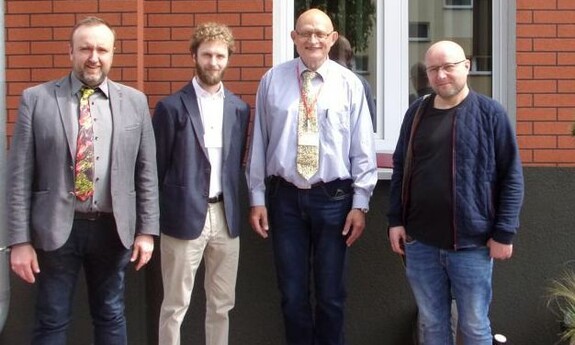
Recent commentaries